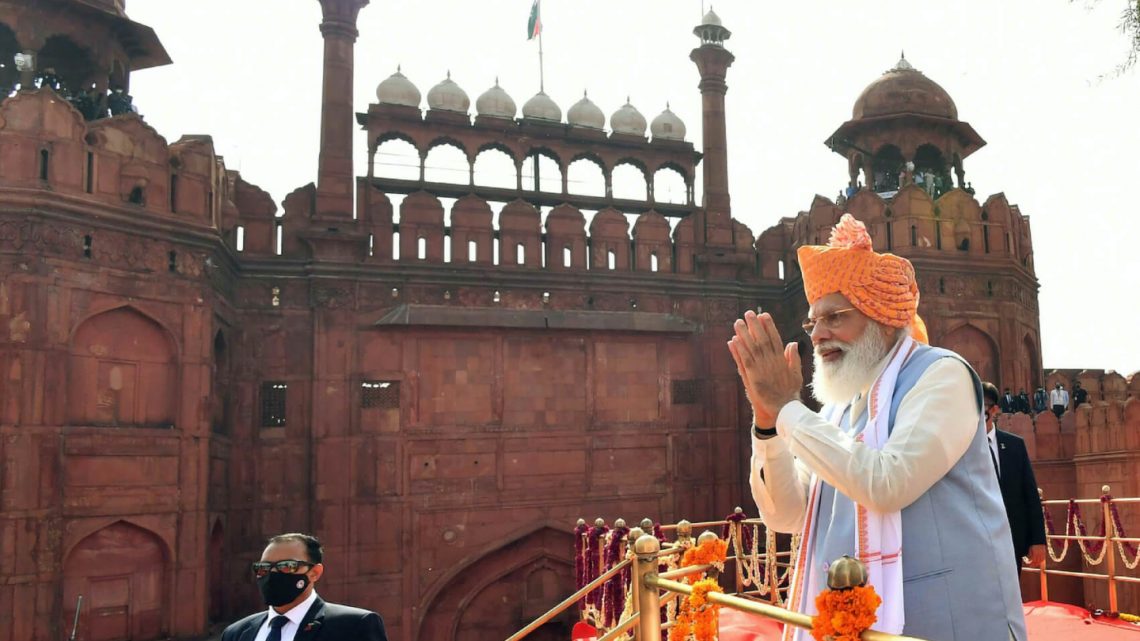
India’s Sham Secularism Exposed: The Ram Mandir Inauguration and Erosion of Diversity
January 23, 2024On January 22, 2024, global attention turned to Ayodhya, marking not just the inauguration of the Ram Mandir but, according to international media, the symbolic demise of India’s secular democracy. The grand festivities surrounding the event were portrayed as a formal end to the nation’s commitment to religious pluralism.
The roots of this transformation can be traced back to the early 20th century with Vinayak Savarkar’s ideology in 1923, which envisioned a Hindu-centric world, sharply dividing it into friends (Hindus) and enemies. The Rashtriya Swayamsevak Sangh (RSS) emerged as its military wing in 1925. The clash with Mahatma Gandhi’s secularism culminated in the assassination of the leader in 1948 by an individual inspired by Savarkar’s ideas. Although Jawaharlal Nehru championed the cause of a secular India, communal forces gained momentum after his death in 1964.
A significant shift occurred during Indira Gandhi’s tenure when she, in pursuit of Hindu votes, opened the door for Hindutva. Engaging in backchannel discussions with the RSS, she increased the use of Hindu symbols, which in turn fueled riots. The anti-Sikh violence orchestrated by Congress leaders further fueled the rise of Hindu nationalism.
The 1980s witnessed the Ekatmata Yatra by Hindutva forces and the airing of the Ramayana TV series, both contributing to the amplification of Lord Ram as an avenger. The Babri Masjid demolition in 1992 served as a turning point, where Congress hesitated as Hindu mobs destroyed the mosque, signaling the decline of secularism and the ascent of Hindutva.
Since Narendra Modi assumed office in 2014, the influence of violent Hindutva has seeped into both politics and culture, enjoying support from the elite. Modi’s priest-like persona, evident in the inauguration of the Ram Mandir on January 22, 2024, serves as the culmination of a century-long process, openly rejecting any pretense of secularism.
The memory of the Babri Mosque demolition remains a collective scar of grief and loss. Despite political promises, the mosque was never restored, and the construction of a grand temple over its ruins symbolizes the ascendancy of Hindu supremacy.
As a whole, the elaborate festivities surrounding the Ram Mandir inauguration in Ayodhya are more than a celebration of religious identity; they signify the slow death of India’s secular democracy, a decline decades in the making, culminating in the open rejection of secularism by Prime Minister Modi. The nation stands at a crossroads, grappling with the erosion of its diverse and inclusive fabric.

